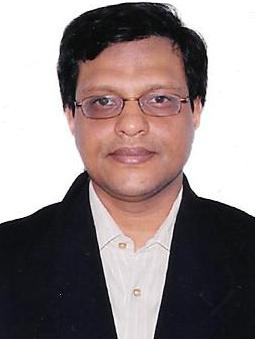  Supreme Court's verdict, last week, striking down an order by the telecom regulator on compensation for call drops may seem to be anti consumer to a layman. If one goes deeper into the issue, one realizes that there is nothing anti consumer about it.
Last year, Telecom Regulatory Authority of India (TRAI) had imposed a penalty on operators for call drops. Under this regulation, service providers had to pay a compensation of Re one for every call dropped subject to a maximum of Rs three per day.
Consumer activists had hailed it as a victory of consumers. On the other hand, service providers were against it saying that call drops were happening due to many factors that were beyond their control. Cellular Operators Association of India (COAI) had gone to the court against the order.
Let us go deep into the issue. First, everyone agrees that call drop has become a menace, especially in big cities and metros. You can not complete your conversation without a few call drops. It is clear that the operators are not meeting quality of service (QOS) norms. There is a need to resolve this issue.
Now the question is whether it was practical to impose TRAI's regulation. It was nearly impossible to implement such an order.
It is not possible to establish why a call has dropped and what is the duration of a call. This would have led to endless litigations between consumers and Operators.
There would not be call drops if the quality of network is good, if we assume that all operators have acquired sufficient spectrum according to their business plans. It is the duty of licensor to ensure that an operator meets licence conditions regarding coverage of area and Quality of Services (QOS). If both the issues are taken care of there would not be any call drops.
Licensor has overriding powers on licensing issues. It can always impose stringent conditions if the Operators do not meet the QOS norms. Presently, TRAI monitors QOS parameters but it has limited powers to punish the operators that do not comply with the QOS norms.
It would be more practical, if the department of telecommunications (DoT) plays a proactive role and addresses this issue.
(Note: The Column appeared in print in The Pioneer on May 16) |